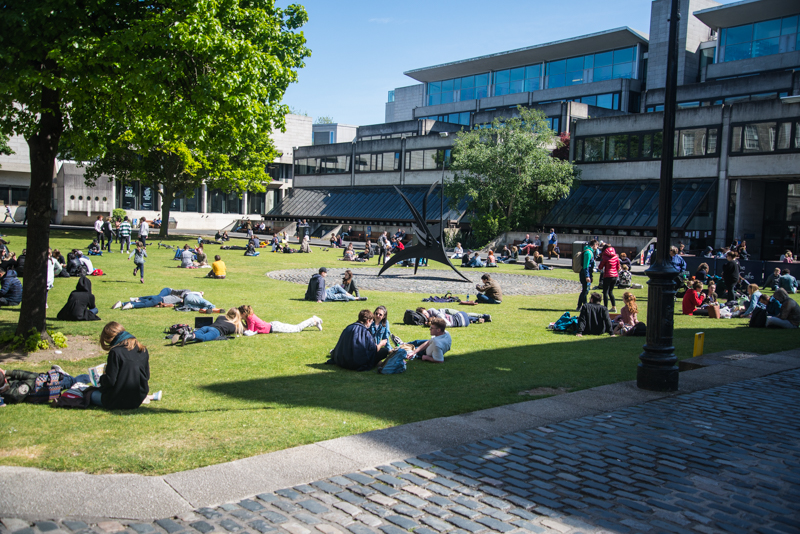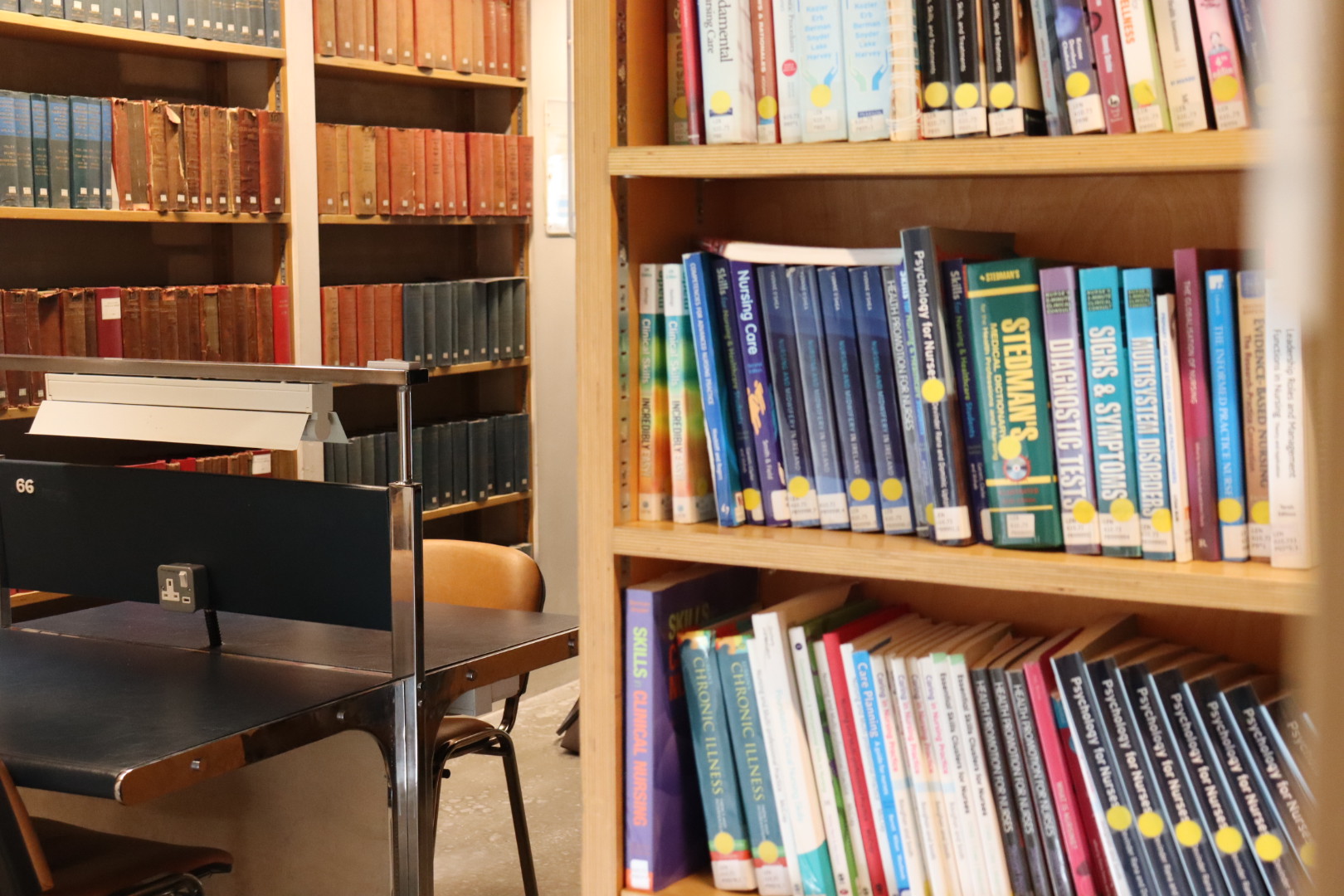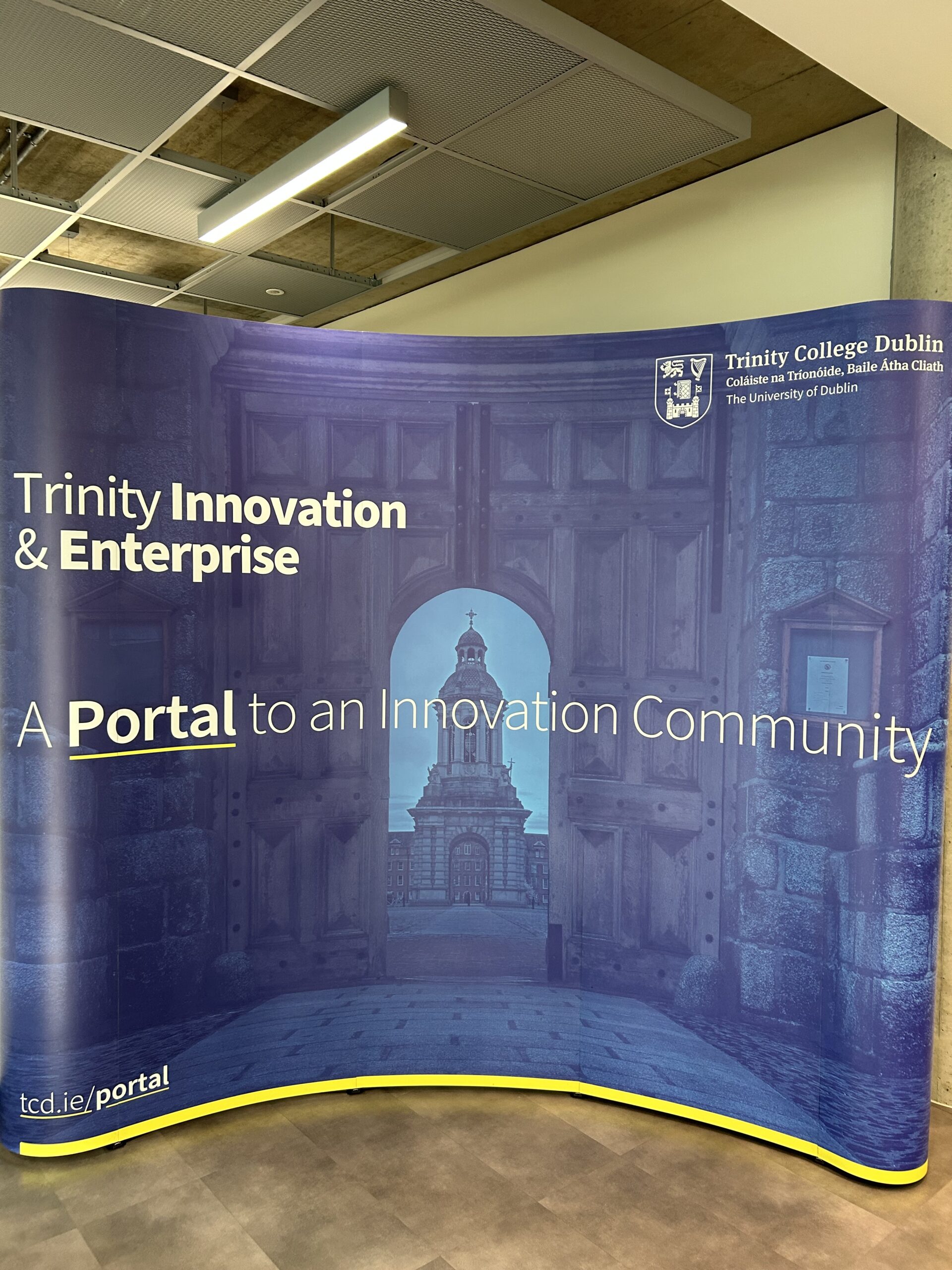The fear of failing my exams is always on my mind during the semester, but the prospect of having to repeat only properly hits as the exams themselves inch closer. Sitting in the library the night before, desperately trying to soak up as much information as possible, it suddenly occurs to me that I might not actually secure the magic 40 per cent to see me through to next year. Sometimes this is merely a result of leaving much of the revision until there’s not enough time to do it all, but other times students have genuine justification, such as illness, for failing exams.
In short, the prospect of having to repeat a year is a frightening one. Now, TSM students in Trinity are being faced with even more cause for worry if they have to repeat.
As part of the Trinity Education Project, TSM in its current format is being phased out and replaced with a joint-honours degree. Instead of choosing two subjects from a possible 26, students will choose two subjects from five “pillars”, and their two choices cannot be from the same pillar. Current TSM students who have to repeat a year, or who take a year off books, may find their subject combination is no longer offered in the new system.
Earlier this year, College issued an email to all TSM students explaining that if this is the case, they will have to switch to a new subject combination. While it’s hardly news that the Trinity Education Project is causing widespread stress for students, it is nevertheless more frustrating again that College is showing such disregard for TSM students. In essence, Trinity is treating these students as the “leftovers”, the casualties of the new joint-honours system.
Most students in Trinity will have put a lot of time and energy into choosing a course. When current TSM students were still in school and in the process of making this decision, they were not told that they may have to switch course halfway through their degree. Students of the “old” system are essentially being treated as an afterthought, an inconvenience to be swatted away as Trinity ploughs ahead with its flagship project.
The end of TSM, as well as the system that will replace it, has for several years been the subject of considerable debate among staff members implementing the project. Students, therefore, could be forgiven for wondering why College is only now dealing with the obvious problem created by the joint-honours system – the students it leaves in the lurch. Even if TSM is as complicated as it appears to be, administrative officials have evidently muddled through up to this point. Surely it’s not too much to ask that they make arrangements for a handful of repeating students whose course combinations are being discontinued.
It is clear that arts students in Ireland want choice, and Trinity’s new joint-honours programme is drastically reducing the amount of choice students are given
This poor planning is just one aspect of what I feel is an ill-thought-out replacement for TSM. The primary reason for scrapping TSM, it seems, is the impossibly high number of subject combinations, which from an administrative perspective is notoriously difficult to manage. Currently offering 183 subject combinations, TSM is often regarded as confusing and overwhelming for incoming students. However, I believe that it is this high number of course combinations that gives Trinity arts students an advantage in terms of transferable skills and knowledge.
Combinations of subjects that are vastly different in nature give students a broad set of skills and allow them to develop multiple strengths in a way that other universities do not offer. Indeed, this is one of the main ways in which the introduction of Trinity’s electives has been championed. As a student of psychology and English literature, I am able to develop both numerical literacy and critical analysis skills. I have learned how to write scientific reports and use statistical software on a computer, as well as how to interpret and analyse a text and consider its cultural context and significance.
Other combinations, such as maths and philosophy, or economics and history, offer a similarly broad skillset that will allow TSM students to stand out to potential employers. Unlike students of engineering, maths and science (EMS), arts and humanities students rarely have a direct, predictable career path. There are many options available to them, but in highly competitive job markets, they must have a unique selling point that sets them apart from similar graduates.
In essence, Trinity is treating these students as the “leftovers”, the casualties of the new joint-honours system
Currently, the most popular course in Ireland is arts in University College Dublin. One of the reasons for this is that it can boast a highly flexible three-year degree with several electives each semester. Arts students in University College Cork study four subjects in their first year, as do their counterparts in Maynooth University. It is clear that arts students in Ireland want choice, and Trinity’s new joint-honours programme is drastically reducing the amount of choice students are given.
I fail to see the benefit of reducing the number of subject combinations, beyond the mere administrative goal of reducing the number of CAO codes involved. The Trinity Education Project is supposed to benefit students by exposing them to a broader range of subjects and unique methods of assessment, but in the case of TSM, it seems that lessening the amount of administrative work has been given priority.







